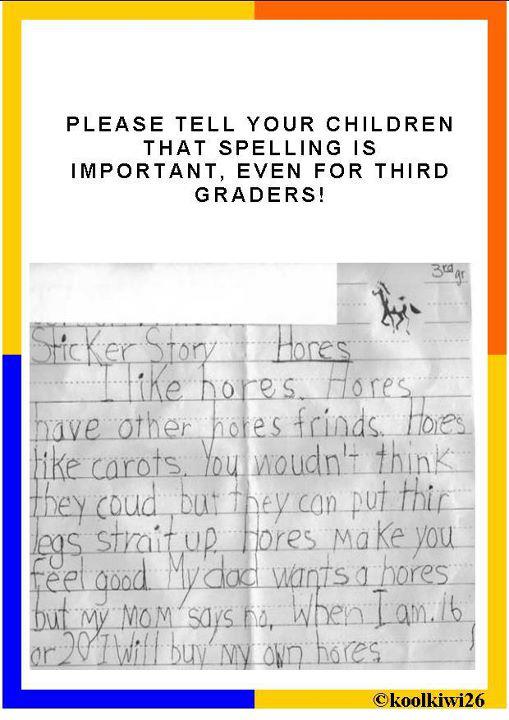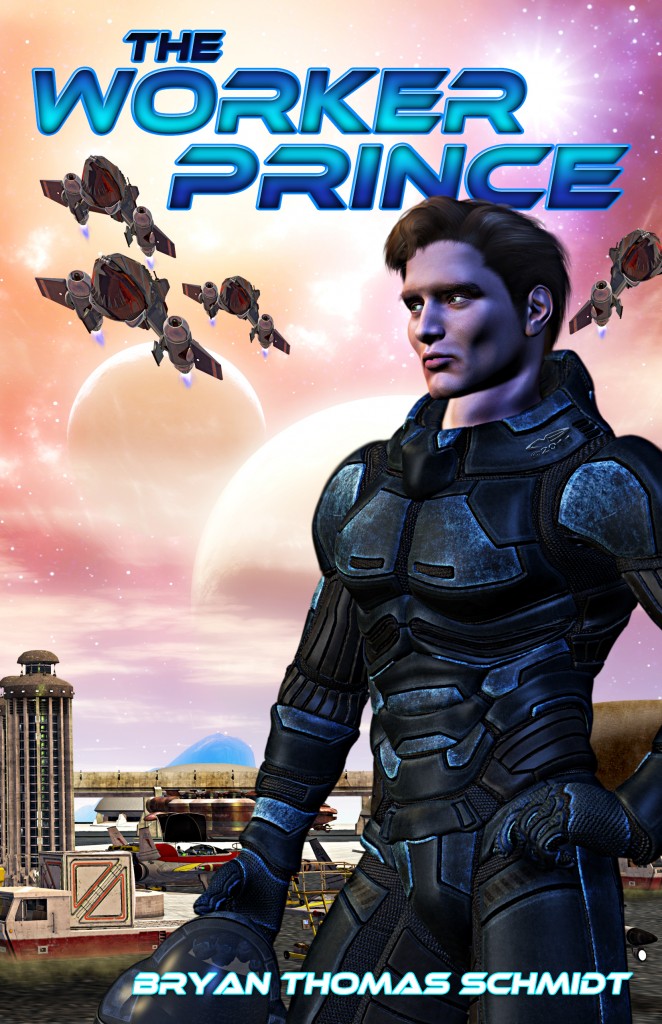One of the keys to good writing, writing which pops off the page and carries the reader away, is depicting characters’ emotions realistically. If we can feel what they feel, if it moves us to laugh or get angry or cry, we are hooked on the characters and their needs become ours. So how do writers learn to write emotions? Much has been written on stages of emotions and descriptive language cues, etc. But what really makes them pop is using our own experience.
As per my previous posts, I have been going through a very difficult time dealing with my wife’s mental illness and now with our divorce. I have dealt with anger, dismay, exhaustion, frustration, sadness, etc. But ultimately, the mental illness destroyed who she was in ways that she has not recovered from. She insisted on a divorce and I knew we could not remain together. As much as I was ready for it at the time, as many times as I couldn’t wait for her to be gone, what I am left with now that she is gone is overwhelming grief.
People define them with slight variations but according to rec0ver-from-grief.com, these are the 7 Stages Of Grief:
1. SHOCK & DENIAL-
You will probably react to learning of the loss with numbed disbelief. You may deny the reality of the loss at some level, in order to avoid the pain. Shock provides emotional protection from being overwhelmed all at once. This may last for weeks.
2. PAIN & GUILT-
As the shock wears off, it is replaced with the suffering of unbelievable pain. Although excruciating and almost unbearable, it is important that you experience the pain fully, and not hide it, avoid it or escape from it with alcohol or drugs.
You may have guilty feelings or remorse over things you did or didn’t do with your loved one. Life feels chaotic and scary during this phase.
3. ANGER & BARGAINING-
Frustration gives way to anger, and you may lash out and lay unwarranted blame for the death on someone else. Please try to control this, as permanent damage to your relationships may result. This is a time for the release of bottled up emotion.
You may rail against fate, questioning “Why me?” You may also try to bargain in vain with the powers that be for a way out of your despair (“I will never drink again if you just bring him back”)
4. “DEPRESSION”, REFLECTION, LONELINESS-
Just when your friends may think you should be getting on with your life, a long period of sad reflection will likely overtake you. This is a normal stage of grief, so do not be “talked out of it” by well-meaning outsiders.Encouragement from others is not helpful to you during this stage of grieving.
During this time, you finally realize the true magnitude of your loss, and it depresses you. You may isolate yourself on purpose, reflect on things you did with your lost one, and focus on memories of the past. You may sense feelings of emptiness or despair.
5. THE UPWARD TURN-
As you start to adjust to life without your dear one, your life becomes a little calmer and more organized. Your physical symptoms lessen, and your “depression” begins to lift slightly.
6. RECONSTRUCTION & WORKING THROUGH-
As you become more functional, your mind starts working again, and you will find yourself seeking realistic solutions to problems posed by life without your loved one. You will start to work on practical and financial problems and reconstructing yourself and your life without him or her.
7. ACCEPTANCE & HOPE-
During this, the last of the seven stages in this grief model, you learn to accept and deal with the reality of your situation. Acceptance does not necessarily mean instant happiness. Given the pain and turmoil you have experienced, you can never return to the carefree, untroubled YOU that existed before this tragedy. But you will find a way forward.
The odd thing is the stages don’t actually progress in order necessarily. Sometimes you experience waves of them in mixed up order. It’s not just step one then on to step two, etc.
So where am I? I went through Stage 1 a lot during the whole medical crisis. Just feeling like “I don’t care if she’s gone” or “I can’t wait to be rid of her” or “I don’t love her anymore.” It was easy to do when she was telling me how much she hated me every day or verbally abusing me in other ways. It was easy to do because she was, in many ways, unrecognizable as the person I had once loved. Manic people are hard to love.
Stage 2 was a minor factor at first so I’ll skip it for now and address it more fully later because it’s where I am now.
I went through Stage 3 a lot as well, lashing out at her family for not telling me of her illness, for not making more effort to come and help me, and for being in denial of how difficult it was. Now that they’ve been here and dealt with her, they have a much better idea of the nightmare I was facing, but it was hard for me to communicate due to language barrier (they are Brazilians and speak mostly Portuguese) and cultural barrier. And because mental illness changed Bianca so much that you really had to see her to believe she was behaving that way. When you’re in the midst of it though, you don’t have that logic. You just want them to empathize and act according to how you think they should act, period.
Stage 4 was a constant as well. I was in medical treatment for depression with meds and counseling. And it didn’t help that I had lost my job or that friends had turned their backs on us due to reasons I don’t full understand. Some of it was not knowing what to say or do to help us. Some of it was Bianca’s behavior. Some of it was my anger, too, I suppose. But I am left lonely, depressed, and reflecting on why and what went wrong and feeling abandoned. That makes it so much harder to deal with the other stages at the same time. You just have to tell yourself to breathe sometimes. You have to force yourself to leave the house and move just to remind yourself it actually feels good to get out and be alive.
Stages 5-7, I can’t even fathom right now, because I am stuck in the middle of Stage 2. The pain I feel is so constant and so overwhelming it almost chokes off my breath. It makes it hard to laugh or play or do anything joyful for more than a second or two. It makes it impossible to imagine a way out. Do I feel guilt? A little. Yeah. I didn’t express my love as well as I could. But then don’t all men fail at that or most? I also lashed out at her in anger. I regret so much those little instances, because her mania is not something she can control, but even knowing the person is not in their right mind is not enough to calm you when the stress and exhaustion overcome you. I spent months living with sleep deprivation and intense, constant stress. If you add to that my anger and depression, etc., it was a combination which led to me not loving her well sometimes. After all, as I said, the person I was dealing with was a manic person, not the woman I fell in love with. So now I feel guilt over that. Irrational? Maybe but it’s still there. Mostly, though I just feel pain.
I hurt because I feel like she died. The woman I waited so long for (see this post) died to me. I haven’t seen her since early this year. I have been dealing with someone else inhabiting her body and using her voice. And that person was impossible to live with and deal with–constantly out of control, constantly verbally abusive, selfish, childish. That person had no pleasant traits at all. Even her eyes looked wild and crazy, not at all the eyes I used to stare into and feel so loved. So I feel denied, robbed, assaulted. Fate, God, mental illness–choose one or all–stole my lover, my best friend, my companion, my wife. In a sense, they stole my life, my future, my happiness and my hope. And I feel so much pain and loss and anger and dismay, I couldn’t begin to describe it. Or can I? Maybe I have in this post. To make it all worse, I never really got closure. One day I left for Seattle on a writer’s retreat, and when I saw her again next, she was this manic person, not the woman I love. I never got to say “goodbye.”
In any case, I don’t know how my story will end, but I am sure I will continue to blog about it. I’m sure I will get to the last 3 stages at some point. Right now, I have to get through where I am. But why am I sharing all this? Why am I making this about me?
I am sharing it because this is real experience we can all draw from in our writing to make it better. Using our experiences and others helps us create real characters and empathetic ones and those are the ones which pop off the page. Yes, grief is but one emotion, yet it has stages involving many others. I am sharing this opening because I know there are things here writers can use to write well, and I want this blog to provide such information whenever it can. And all writing comes from our own experiences to some degree and the experiences of people we know or encounter.
So use it in your writing if you can. I know I will come back to it and do so. Right now the emotions are raw and fresh so that comes out in the words I use to describe them. If you deal with any situation calling for grief in your stories, read the stages, read what I’m experiencing and use it. It will make your characters and story come alive in ways that powerfully impact you and your readers. It will make your story/book memorable. And that’s what we all want, isn’t it? To write something that people will carry with them forever after and remember?
So now take what I’ve written and think about your own life and experiences and those of people you’ve met. What resources do you find there for improving your writing? What stories can you tell? What emotional experiences can you include in your characters’ journeys to help readers connect with them? Make a list. Keep a spreadsheet.
For what it’s worth…
 I didn’t even realize this problem existed until recently. At the airport in Atlanta, I spoke with a college instructor who’s taught for forty years, and then I heard about it again at interviews for a job at a local university. Spelling and grammar are in serious danger. Ok, yes, this example is silly and funny and from 3rd grade, but I remember learning grammar and spelling in 1st grade. And something like carrots or horses, I probably knew by 3rd grade. Okay, perhaps it gave you a good laugh. I’m glad, but this post is serious. Unlike my norm, this post has nothing to do with science fiction. This is all fact. Are some kids spelling challenged more than others? Well, sure, okay, I can accept that, but these days there’s a far bigger culprit for spelling and grammar ills: ONLINE SPEAK.
I didn’t even realize this problem existed until recently. At the airport in Atlanta, I spoke with a college instructor who’s taught for forty years, and then I heard about it again at interviews for a job at a local university. Spelling and grammar are in serious danger. Ok, yes, this example is silly and funny and from 3rd grade, but I remember learning grammar and spelling in 1st grade. And something like carrots or horses, I probably knew by 3rd grade. Okay, perhaps it gave you a good laugh. I’m glad, but this post is serious. Unlike my norm, this post has nothing to do with science fiction. This is all fact. Are some kids spelling challenged more than others? Well, sure, okay, I can accept that, but these days there’s a far bigger culprit for spelling and grammar ills: ONLINE SPEAK. Bryan Thomas Schmidt is the author of the space opera novel The Worker Prince, the collection The North Star Serial, and has several short stories forthcoming in anthologies and magazines. He’s also the host of Science Fiction and Fantasy Writer’s Chatevery Wednesday at 9 pm EST on Twitter, where he interviews people like Mike Resnick, AC Crispin, Kevin J. Anderson and Kristine Kathryn Rusch. He can be found online as @BryanThomasS on Twitter or via his website. Excerpts from The Worker Prince can be found on his blog. His second novel, The Returning, sequel to The Worker Prince, is forthcoming in Summer 2012.
Bryan Thomas Schmidt is the author of the space opera novel The Worker Prince, the collection The North Star Serial, and has several short stories forthcoming in anthologies and magazines. He’s also the host of Science Fiction and Fantasy Writer’s Chatevery Wednesday at 9 pm EST on Twitter, where he interviews people like Mike Resnick, AC Crispin, Kevin J. Anderson and Kristine Kathryn Rusch. He can be found online as @BryanThomasS on Twitter or via his website. Excerpts from The Worker Prince can be found on his blog. His second novel, The Returning, sequel to The Worker Prince, is forthcoming in Summer 2012.




